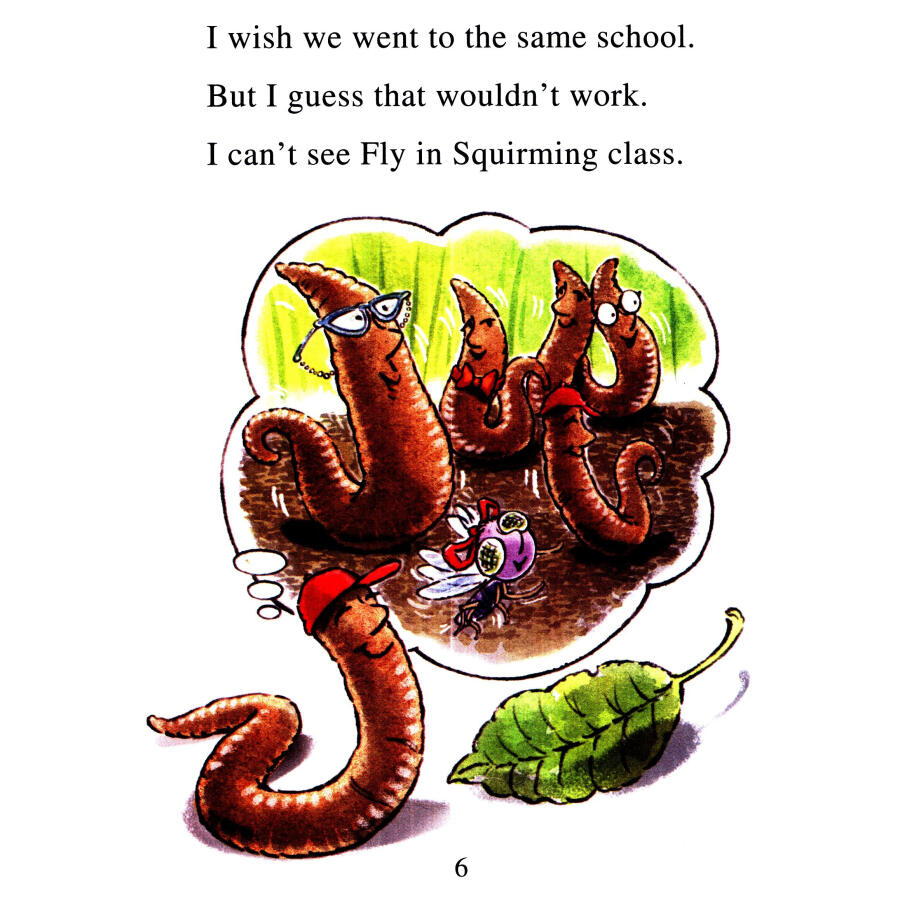Worms from Pets: Understanding Types of Worms in Pets and How to Manage Infestations
## DescriptionWorms in pets are a common concern for pet owners, and understanding the various types of worms that can affect our furry companions is crucia……
## Description
Worms in pets are a common concern for pet owners, and understanding the various types of worms that can affect our furry companions is crucial for their health and well-being. Worms from pets can range from intestinal parasites to more severe health issues, making it essential for pet owners to be informed about prevention, symptoms, and treatment options.
### Types of Worms from Pets
There are several types of worms that can infest pets, with the most common being roundworms, tapeworms, hookworms, and whipworms. Each type has its own unique characteristics, lifecycle, and implications for your pet's health.
1. **Roundworms**: These are perhaps the most prevalent type of intestinal worm found in pets, particularly in puppies and kittens. Roundworms can grow up to several inches long and are often transmitted through contaminated soil, feces, or mother’s milk. Symptoms of a roundworm infestation may include vomiting, diarrhea, and a pot-bellied appearance in young animals.
2. **Tapeworms**: Tapeworms are flat, segmented worms that can also infect pets. They are usually transmitted through fleas, which pets ingest while grooming themselves. Signs of tapeworms often include segments of the worm appearing around the pet's anus or in their feces, as well as excessive scratching or licking of the rear end.
3. **Hookworms**: These worms are smaller and can attach themselves to the intestinal lining of pets, causing significant blood loss. They are often contracted through contaminated soil and can lead to anemia, lethargy, and weight loss. Hookworms can also pose a risk to humans, particularly children, making it essential to manage infestations promptly.
4. **Whipworms**: Whipworms are less common but can still pose a threat to pet health. They reside in the large intestine and can cause severe diarrhea and weight loss. Whipworms are typically transmitted through contaminated soil and can be challenging to diagnose without specific testing.
### Symptoms of Worm Infestations

Recognizing the symptoms of worm infestations is crucial for early intervention. Common signs include:
- Vomiting
- Diarrhea (sometimes with blood)
- Weight loss or poor growth
- Abdominal swelling or discomfort
- Lethargy

- Changes in appetite
If you notice any of these symptoms in your pet, it’s essential to consult a veterinarian for a proper diagnosis and treatment plan.
### Prevention and Treatment
Preventing worm infestations in pets involves a combination of good hygiene practices, regular veterinary check-ups, and appropriate medication. Here are some strategies to help keep your pets worm-free:
1. **Regular Vet Visits**: Schedule annual or bi-annual check-ups with your veterinarian, who can perform fecal tests to check for worm infestations and recommend preventive treatments.
2. **Parasite Prevention**: Use veterinarian-recommended flea and tick control products, as these can help prevent tapeworms and other parasites.

3. **Hygiene**: Keep your pet's living area clean. Regularly pick up feces from your yard and wash your pet's bedding to minimize contamination.
4. **Proper Disposal**: Dispose of pet waste promptly to prevent the spread of eggs and larvae in your yard or community.
5. **Deworming**: If your pet is diagnosed with worms, your veterinarian will prescribe deworming medications. Follow their instructions carefully and ensure your pet completes the entire treatment course.
### Conclusion
Worms from pets can pose serious health risks, not only to the animals themselves but also to their human companions. By understanding the types of worms that can affect pets, recognizing the symptoms, and implementing preventive measures, pet owners can help ensure their beloved animals remain healthy and happy. Always consult a veterinarian for the best course of action regarding worm infestations and overall pet health.